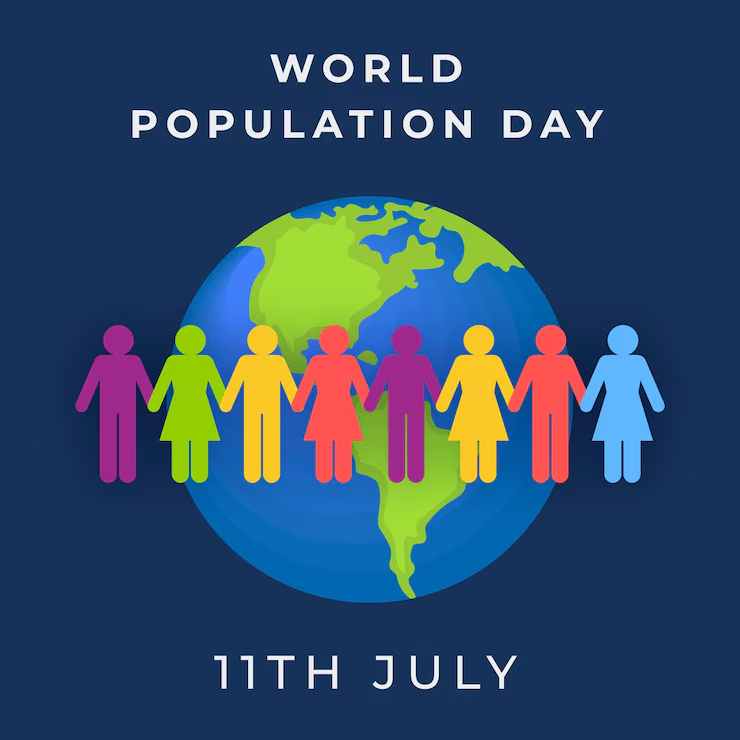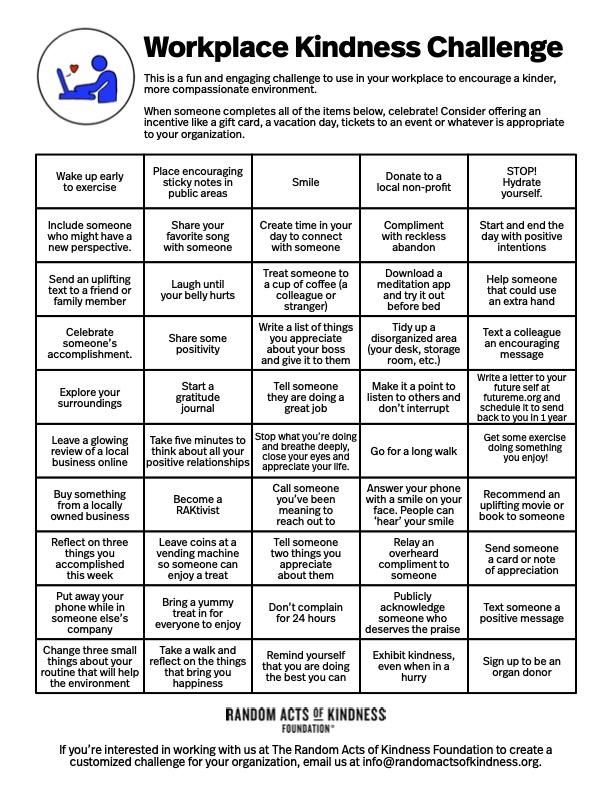World Population Day, July 11th, reminds us that there are more of us than ever on this big blue planet – over 8 billion, to be exact! That’s a lot of birthdays, opinions, and unread emails. As the world’s demographics evolve, so too does our talent pipeline…
Is your organization ready for what’s next?
What Demographic Trends Are Telling Us
We’re witnessing a workforce evolution in real time. Consider this:
- The global population under age 25 makes up nearly half the world’s people.
- People are living and working longer, meaning five (and soon six!) generations will be sharing projects, priorities, and yes, parking spots.
- Gen Z has already shaken up workplace norms – and Gen Alpha will disrupt the workforce!
In other words, the workforce of tomorrow is already walking into our offices (or logging in from their phones) today. Let’s break down what this means – and how you can adapt without needing Meagan’s decoder card…
1. 🌐 Digital Natives Prefer Digital Everything
From onboarding to performance reviews, the next-gen workforce wants tech that works as fast as they do. Paper forms? Fax machines? That’s old news.
What to try:
- Mobile-friendly applications and training
- Asynchronous communication tools (think: Slack, Loom)
- Gamified learning platforms
2. 🌎 Purpose Over Paychecks
Younger generations care deeply about diversity, sustainability, and authenticity. Sure, they want to get paid – but they also want to make an impact.
What to try:
- Share your organization’s values clearly and often
- Offer volunteer time off or purpose-driven projects
- Don’t fake the mission – this generation has a world-class lie detector
3. 🌀 Flexibility is the New Stability
Forget 9-to-5. Gen Z and Gen Alpha prioritize work-life integration. Flex hours, remote options, and mental health days aren’t “perks” – they’re expectations. “A report from January 2025 revealed that 83% of surveyed employees value work-life balance in their current or future jobs, even surpassing pay.” — Radancy
What to try:
- Offer hybrid work models that accommodate all generations
- Train managers on leading flexible teams
- Recognize results over “butts in seats” culture
What is Gamification?
The most popular definition is “game elements in non-game settings,” but it’s so much more than that! Dr. Zac Fitz-Walter’s expert opinion is that it uses our core human drives.
Are You Future-Ready?
Ask yourself:
- Are we creating a culture that welcomes fresh ideas without losing institutional knowledge?
- Are we building a workplace that works for the collective, not just the familiar few?
- Are we listening to what young employees are saying, or potentially being dismissive?
What About the Other Generations?
This isn’t about replacing anyone – it’s about reimagining how we work together. Boomers bring wisdom. Gen X brings pragmatism. Millennials bring collaboration. Gen Z brings innovation. Gen Alpha will bring…well, we’re still figuring that one out, but it likely involves AI and a lot of acronyms. Cheers to learning and growing as a population together!







